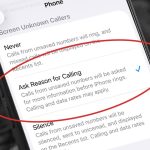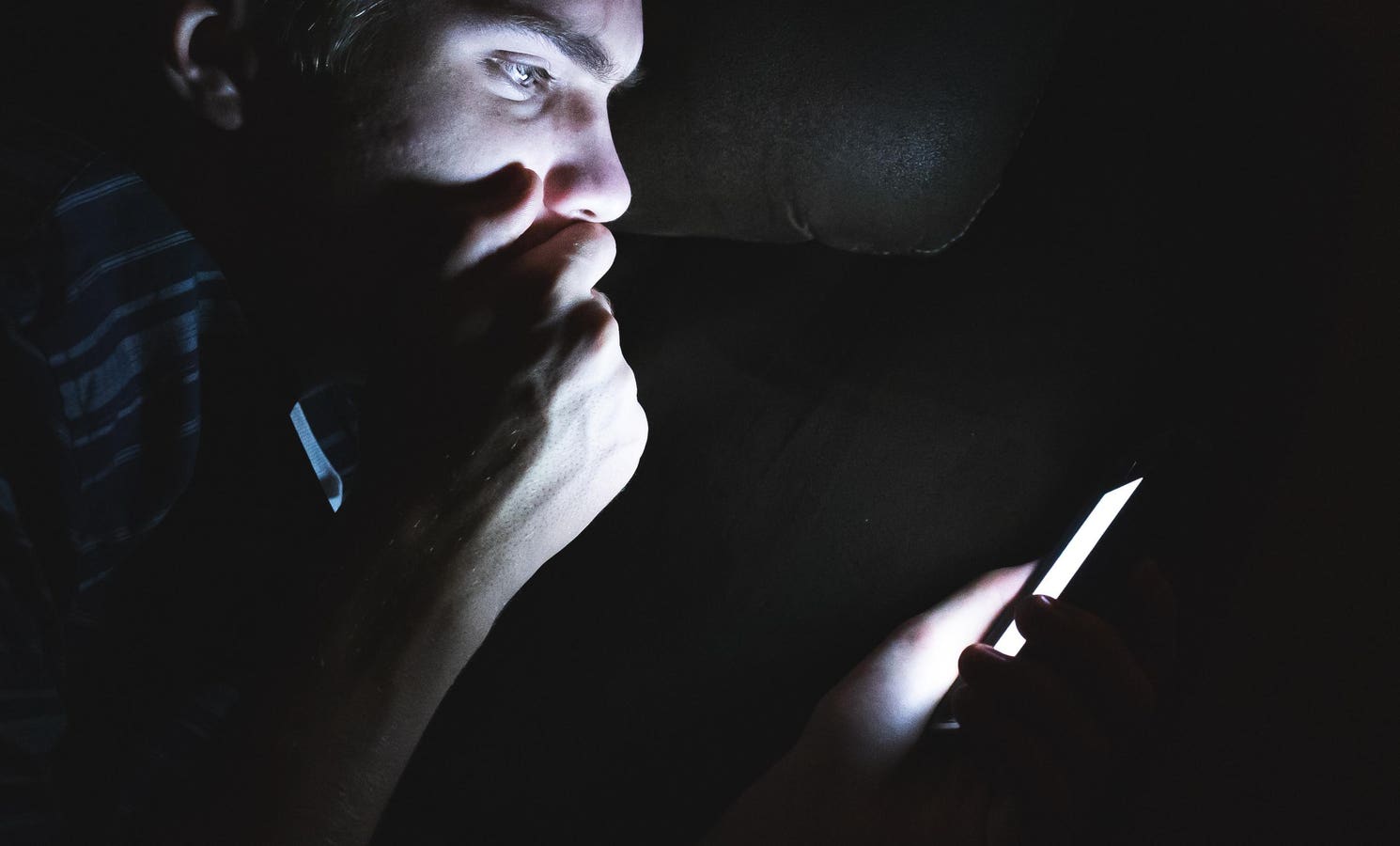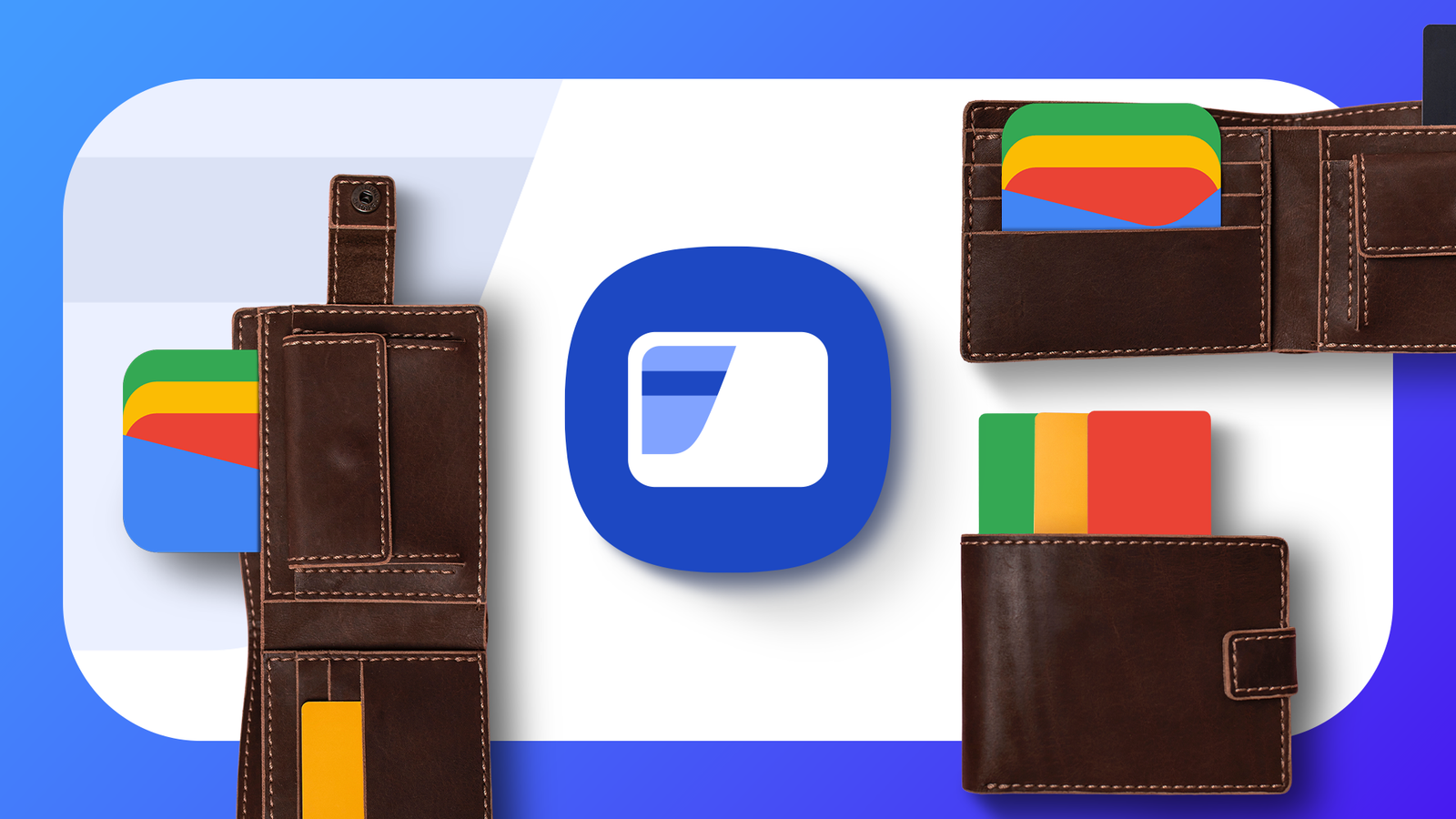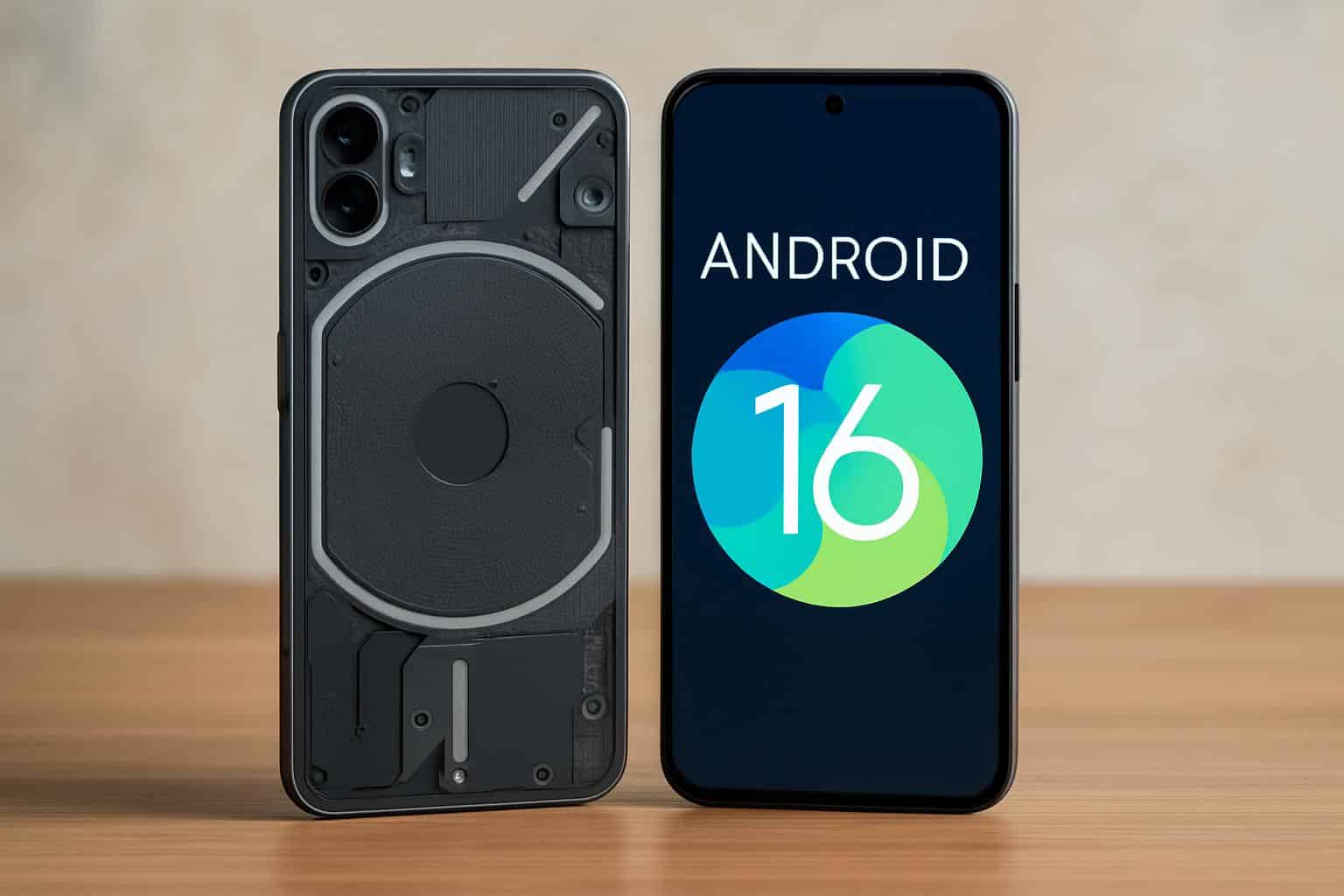Be very careful before you install one of the4se apps
Republished on January 4 with reaction to the block on porn sites and reports that a new AI-based technology is being deployed as a compromise for users to privately maintain their access.
The U.S. clampdown on unrestricted online pornography escalated as 2025 began, with those in Florida losing access to the world’s most popular adult site on Jan. 1. Pornhub has campaigned against the requirement for age verification through government-issued ID to enable site access, and along with other sites has demonstrated its strength of feeling by completely shutting down access from within the state rather than requesting ID from its users.
Putting the politics aside, the raft of U.S. states that have jumped on this age verification bandwagon has triggered the kind of rush to VPNs normally only seen in war-torn, autocratic or heavily censored markets—Iran, Russia, China and North Korea, rather than Florida, Texas and South Carolina.
VPNMentor told me they “detected a surge of 1150% in VPN demand [in Florida] in the first few hours” after the new law came into effect on Jan. 1, which they describe as “staggering.” The team also reported “a noteworthy 51% spike in demand for VPN services in [Florida] on Dec. 19, 2024, the day after Aylo released their statement of geo-blocking Florida IP addresses to access their website.”
This follows similar surges in other states: “Pornhub’s banning of Utah-based users caused a 967% spike in VPN demand… and last year, the passing of adult-site-related age restriction laws in Texas caused a surge in demand of 234% in the state.”
“As you may know,” Pornhub told its users, “your elected officials in Florida are requiring us to verify your age before allowing you access to our website. While safety and compliance are at the forefront of our mission, giving your ID card every time you want to visit an adult platform is not the most effective solution for protecting our users, and in fact, will put children and your privacy at risk.”
Pornhub says that “the safety of our users is one of our biggest concerns. We believe that the best and most effective solution for protecting children and adults alike is to identify users by their device and allow access to age-restricted materials and websites based on that identification. Until a real solution is offered, we have made the difficult decision to completely disable access to our website in Florida.”
Per TechDirt on Monday, “nearly 139 million U.S. residents live in states with age verification laws on the books that specifically target adult entertainment platforms.” Banning access to content—whether completely or absent personally identifiable information—is a privacy minefield. As EFF warned again last week, “mandatory age verification tools are surveillance systems that threaten everyone’s rights to speech and privacy, and introduce more harm than they seek to combat.”
But not all sites are complying. Seventy-two hours into this new regime, local media reports that as the “Florida law requiring age verification to visit porn platforms online took effect on New Year’s Day, a number of websites are either just blocking access in the state or not complying at all.”
While Pornhub and others shut down access, “the second most popular porn website, XVideos, is one of a number that weren’t requiring any age verification methods to see sexual content as of Friday morning. Representatives for XVideos didn’t respond to a request for comment.” There were also reports of some complaints from residents “regarding pornographic websites failing to comply with age verification laws.” That said, “the law doesn’t technically require porn users to submit pictures of an ID. It says sites ‘must offer anonymous age verification and standard age verification,’ though it does not provide specifics for either format.”
Interestingly, there were some early indications that there may be an anonymized halfway house solution, with The Tallahassee Democrat reporting that “xHamster, another high-traffic adult website, does offer the option for users to verify their age through an ID document—plus a face scan. But it also offers a face scan that doesn’t require documentation, instead estimating users’ ages through artificial intelligence, as well as verification by connecting with a third-party identification app.”
How this stacks up against the new regulations is unclear. But this use of a form of facial AI to estimate age is becoming more popular as an access tool for social media sites quite apart from adult content. Instagram is one platform deploying such technology, explaining that its technology partner Yoti can “estimate your age” from a video selfie. without the need for any ID at all.
Instagram explains that “Yoti uses AI to estimate your age by looking at facial features in an image, and it was trained using images of many people around the world of different ages. The only thing that the AI was trained to do is to estimate age, it can’t identify specific people… Yoti’s age estimation maintains your privacy because it doesn’t require any personal details or documents.”
But absent this being more widely deployed, VPNs enable users to mask their locations—pretending to be somewhere they’re not by routing their web traffic via a server in that different place. With a click or a tap, a user stops presenting as being in Florida and is suddenly transported to New York or Boston—or even Singapore or London. As Cybernews says, “a VPN is the most reliable method to bypass these restrictions,” while Gizmodo reports that “Adults in Florida will use a VPN starting January 1st.”
As reported by 404Media, “Pornhub Is now blocked in almost all of the U.S. south… Almost two years ago, Louisiana passed a law that started a wave that’s since spread across the entire U.S. south, and has changed the way people there can access adult content. Florida, Tennessee, and South Carolina join the list of 17 states that can’t access some of the most popular porn sites on the internet, because of regressive laws that claim to protect children but restrict adults’ use of the internet, instead.”
Pornhub confirmed to Mashable that “it is blocked in 16 states:”
- Alabama
- Arkansas
- Florida
- Idaho
- Indiana
- Kansas
- Kentucky
- Mississippi
- Montana
- Nebraska
- North Carolina
- Oklahoma
- South Carolina
- Texas
- Utah
- Virginia
Meanwhile, “in Louisiana, where users must submit ID to view Pornhub, the site has seen traffic decline around 80 percent, Aylo (Pornhub’s parent company) told Mashable.: Aylo, the website’s parent told Mashable that “the way many jurisdictions worldwide have chosen to implement age verification is ineffective, haphazard, and dangerous. Any regulations that require hundreds of thousands of adult sites to collect significant amounts of highly sensitive personal information is putting user safety in jeopardy. Moreover, as experience has demonstrated, unless properly enforced, users will simply access non-compliant sites or find other methods of evading these laws.”
And while Florida is the most recent, high-profile addition to this list of states that have gone dark, it’s not the epicenter for the fight. As reported by Ars Technica, “some First Amendment advocates, including the Free Speech Coalition, have joined Aylo’s fight and are pushing the Supreme Court to block Texas’ law… If advocates win, the Supreme Court may order an injunction that could impact all states that passed essentially copycat legislation, potentially ending Aylo’s long war against ‘haphazard’ age-verification laws in the US. In its most recent filing, Texas argued that only intermediate scrutiny should be applied, pushing SCOTUS to agree that Texas has no other remedy to protect kids online. Texas claims that if Pornhub can verify the ages of content providers, it should have no problem verifying the ages of viewers.”
The arguments will run and run. But before you download and install a VPN that promises to make these restrictions vanish in the meantime, you need to be careful. You might be taking a very serious risk with your data and your device. And that risk is especially acute for those using mobile devices—iPhones, iPads and Androids, which are plagued with cheap and nasty VPNs that might help mask your location but at a considerable, hidden cost. As reported by CBS News, “approximately 97% of traffic to Pornhub.com came from mobile devices.”
As PCMag explains, “nearly all VPN services will let you specify the country where you want your traffic to appear. Some will let you pick down to the city level. A few let you see a list of the actual servers themselves, and their locations, and make your choice that way. U.S.-based Pornhub viewers will probably want to use a VPN server that’s located in the US… Do note that latency will increase and browsing speed decrease when using a VPN, and that the impact will be more noticeable the further away the VPN server is from you.”
Most U.S. citizens have little if any need for a VPN. Web traffic is secure and the risk of public Wi-Fi is largely overblown—as long as you’re not sending sensitive, unencrypted content. There’s little need to beware you’re betraying your location by way of your IP address or the identity of the websites you are visiting. At least not for most users. But with 3 billion monthly visits to Pornhub’s website from the U.S., the new restrictions suddenly change everything.
And so unsurprisingly, Newsweek reports that “searches for ‘VPN’ surged in Florida on January 1 after a number of leading pornographic websites blocked access to the Sunshine State in response to a new law requiring age verification… Google trends data published on January 2 showed a sharp rise in ‘VPN’ searches beginning on December 31 2024 and continuing into the new year. VPNs allow computer users to disguise their locations and thus get around location-specific website blocks.”
It is clear that not only are many U.S. citizens turning to VPNs for the first time in the aftermath of these new porn restrictions, but they are also going back to basics in their research. This runs the risk of being a scammer’s paradise, triggering phishing lures with the porn hook quite apart from the questionable nature of many of the actual VPN apps our there today.
Newsweek added that “while it doesn’t give individual search figures, Google gave the value of 100 to vpn inquiries on January 2, compared to the level of 91 on January 1, 55 on December 31 and 37 on December 30. Searches for individual VPN providers as well as ‘Internet pornography\ and ‘computer virus’ were also categorized as ‘breakout’ for Florida over the period by Google.”
Last month, the U.S. cyber defense agency warned against the use of personal VPNs, that they “simply shift residual risks from your ISP to the VPN provider, often increasing the attack surface.”
These risks are especially prevalent on mobile devices serviced by app stores, where a VPN industry has surged in recent years. In November, Kaspersky warned that dangerous free VPNs installs were soaring in Q3, “increasing by 2.5 times compared to Q2 globally. These apps were malware or programs that could be potentially used by malicious actors. This surge has continued into Q4.”
Specialist website Top10VPN tested the leading free VPNs on Google’s Play Store, and found that 10% of the apps “suffered encryption failures,” almost 90% “suffered some kind of leak,” and three-quarters “shared personal data with third parties,” while 20% were flagged as malware.
And VPNRanks warns that “VPN scams are all over the place these days. As more people seek online privacy, scammers jump in, offering too-good-to-be-true” VPN services… Even with all the risks, around 43% of users are still using free VPNs. Free may sound great, but it often means your data could be up for grabs. It’s a classic you get what you pay for situation.”
So, for those new to VPNs here are some golden rules to make sure you stay safe:
- Only install VPNs from the Play Store or App Store
- Only use paid VPNs on an open subscription for a sensible amount, never with obfuscated in-app purchases
- Only use VPNs from well-known developers that you can easily research and find on mainstream websites, and never from any based in China
- Always ensure Play Protect is enabled if you’re using Android, and never disable or pause Play Protect to install a VPN it flags as risky
- When Android 15’s new live threat detection flags an app, take action
I’m not advocating for users to circumvent new regulations, but I am urging users to ensure they don’t take on bigger risks that they’re resolving. As Kaspersky warns, “there is a growing demand for VPN apps… Users tend to believe that if they find a VPN app in an official store, like Google Play, it is safe and can be used to get content that is originally unavailable at their location. And they think it is even better if this VPN service is free! However, this often ends up being a trap.”










